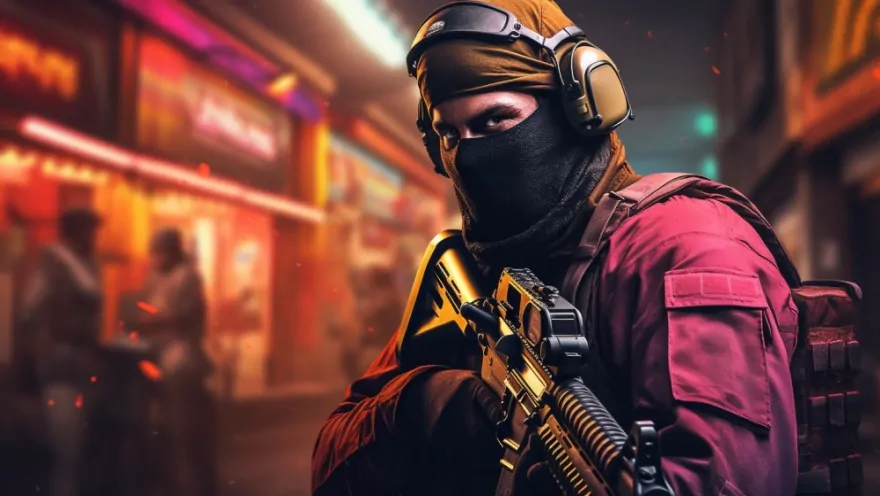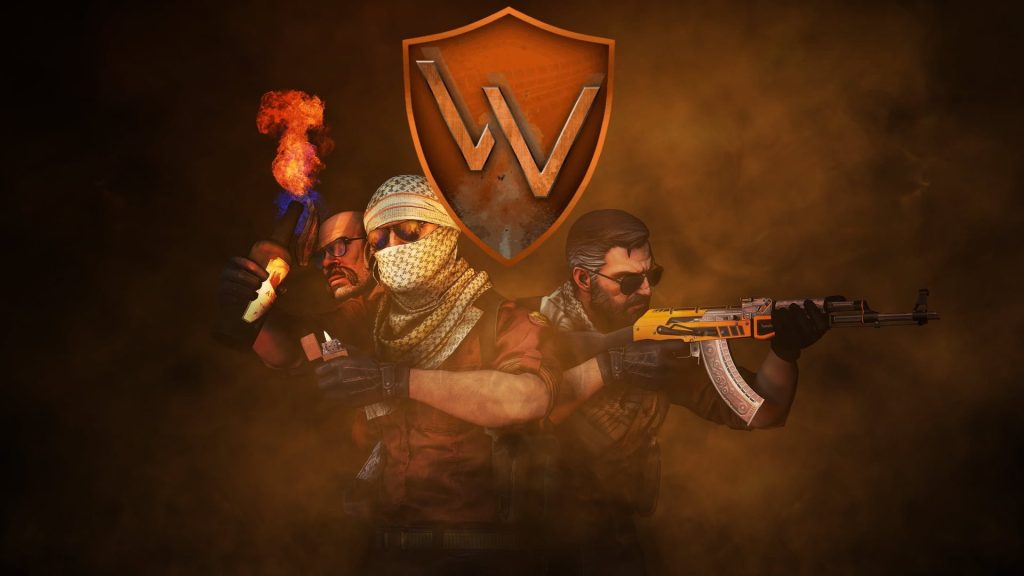Picture a world where the lines between virtual assets and real-world value blur, where the adrenaline of gaming merges with the thrill of economics. That’s what’s happening today in the realm of first-person shooter (FPS) games like Counter-Strike: Global Offensive. With the integration of CSGO Bets, these games have evolved to create vast virtual economies, where in-game items like skins have taken on a value that extends far beyond mere aesthetics or gameplay advantages. In these digital marketplaces, rarity and player demand can turn a virtual item into something with real monetary worth.
From game to gain: the rise of in-game items as currencies
Gone are the days when in-game items were just pretty to look at. Now, these skins are akin to a status symbol – a form of currency that gamers trade, sell, and, yes, sometimes bet. The excitement of showing off a rare skin in-game has translated into the real-world pride of owning something valuable. This metamorphosis was neither obvious nor straightforward, as it piggybacked on emerging online platforms that enabled these transactions, turning the excitement of collecting into a potentially lucrative pursuit.
The legal maze of online betting with virtual goods
As the intersection of gaming and gambling becomes more prominent, the legal implications grow increasingly complex. Different countries approach this confluence with varying degrees of regulation, which only adds to the confusion. Within this legal maze, what’s clear is that the rise of online platforms where in-game items can be bet or traded is changing the landscape. While these platforms provide another circle of excitement within the gaming community, they also raise questions about the ethics and legality of betting on virtual goods amassed through gameplay.
Gaming meets gambling: a new breed of challenges
With the integration of betting into games, the skills you’ve honed now have a new outlet. It’s not just about outsmarting and outshooting your opponents; there’s also a strategy to betting wisely. This shift can bring a fresh dimension to gaming, introducing calculated risks and financial stakes. The challenge for both players and designers lies in balancing the integrity of the game with the unpredictability and potential rewards of betting. This intersection continually redefines the gaming experience, transforming it from a leisure activity to something that can have tangible, real-world consequences.
The psychology behind the hunt for rare skins
Have you ever wondered what drives players to spend hours upon hours, even real money, in search of that one elusive skin? It’s the same reason why people collect stamps, coins, or art: the allure of rarity. Exclusive skins are more than just visual; they come with bragging rights. Having a rare item in your inventory can be a badge of honor, a sign of dedication, or a mark of gaming prowess. It’s a phenomenon rooted in psychology, where collection becomes an integral part of one’s identity and status. Amplified in an online world where rarity is often deliberately engineered, the hunt becomes even more intense.
Betting and community dynamics: the ripple effect
Betting has always had the power to create communities and rivalries. In the gaming world, this is no different. The introduction of trading and betting into games like Counter-Strike has not only added another dimension to the gameplay but has significantly impacted social interactions within the gaming community. With every bet or trade, there’s a potential for thrilling victory or agonizing defeat, which contributes to a dynamic, ever-evolving social fabric of the game. However, the potential for unfair advantages or addiction brings a shadow over the community, sparking discussions on how to keep the environment fair and fun for all involved.
Walking the tightrope of ethics in the digital realm
In an environment where the excitement of betting comes hand-in-glove with gaming, it’s unsurprising that ethical concerns arise. Is it right to harness the competitive spirit of gamers by integrating betting directly into their favorite pastime, potentially normalizing gambling behavior? Should there be more stringent measures in place to limit the effect of betting on younger players? These are just a few of the questions we as a community must tackle head-on, fostering responsible practices and ensuring that the integrity and inclusiveness of gaming are not compromised.
Betting’s influence on the future of esports
Looking ahead, betting platforms have the potential to reshape the landscape of competitive gaming. From increased viewer engagement in esports events to the sponsorship of budding talent, the financial implications are vast. CSGO bets are embedded in the fabric of competitiveness, as patrons now have more at stake than just rooting for their favorite teams; they’re also invested financially. As the industry grows, regulations are bound to evolve, potentially setting new precedents for how virtual betting can coexist with the competitive integrity and spirit of esports.
As we forge ahead into this new era where gaming, community, and economics intersect, the key will be balancing innovation with responsibility. Platforms that facilitate these virtual economies and betting systems will continue to thrive. Still, it is our collective duty to ensure they do so without compromising the integrity and joy found in gaming. The coming years will indeed be pivotal in shaping the symbiotic relationship between gaming excitement and virtual wealth.

